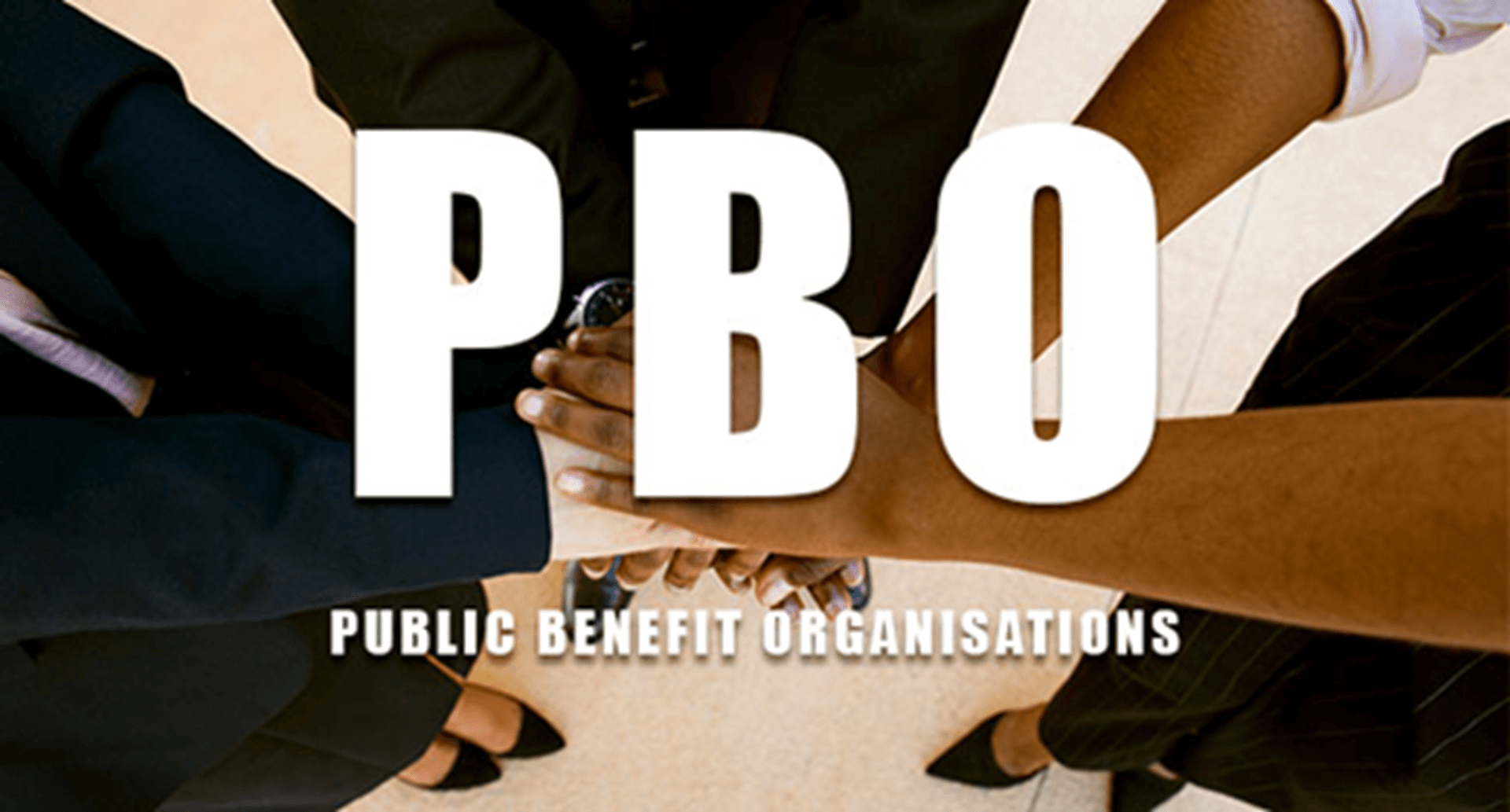Kenyan PBO Act Compliance Deadline Extended to May 2026
The Kenyan government's decision to extend the Public Benefit Organisations (PBO) Act compliance deadline to 13th May 2026, has sparked a mix of relief and debate among civil society organizations. This extension, announced by Interior Cabinet Secretary Kipchumba Murkomen, gives NGOs an additional year to align with the PBO Act’s requirements, which replace the outdated 1990 NGO Coordination Act. But is this move a thoughtful gesture to ease transition or a delay that risks stalling progress? Let’s weigh both sides.
The extra time is a pragmatic lifeline for NGOs, especially the 10,000+ organizations that haven’t yet complied, as noted by PBO Director General Laxmana Kiptoo. The PBO Act demands significant operational changes—like full disclosure of funding sources and internal structures—which can be daunting for smaller or resource-strapped groups. A year’s grace period allows these organizations to streamline their processes without the immediate threat of losing legal recognition or benefits like tax exemptions and government training access. Plus, the government’s plan for county-level public participation forums in 2025 shows a commitment to inclusive implementation, which takes time to get right.
On the flip side, this delay could signal weak enforcement and undermine the urgency of modernizing Kenya’s NGO sector. The PBO Act, enacted in 2013 but only effective since May 2024, has already been stalled for over a decade. Pushing the deadline to 2026 risks perpetuating a cycle of non-compliance, especially since only 4,000 of 14,000 NGOs have met the requirements so far. Critics might argue that this leniency allows non-compliant organizations to drag their feet, potentially shielding those with opaque funding or governance issues. A stricter timeline could have forced faster accountability, aligning the sector with global standards sooner and ensuring benefits like tax exemptions are reserved for fully transparent entities.
The additional year is a practical necessity for many NGOs to adapt to a complex regulatory shift, especially smaller ones doing critical community work. However, the government must use this time proactively—ramping up awareness campaigns and support to ensure compliance isn’t just delayed but achieved. Without clear progress by mid-2026, this extension could look like a missed opportunity to strengthen Kenya’s civil society framework.


